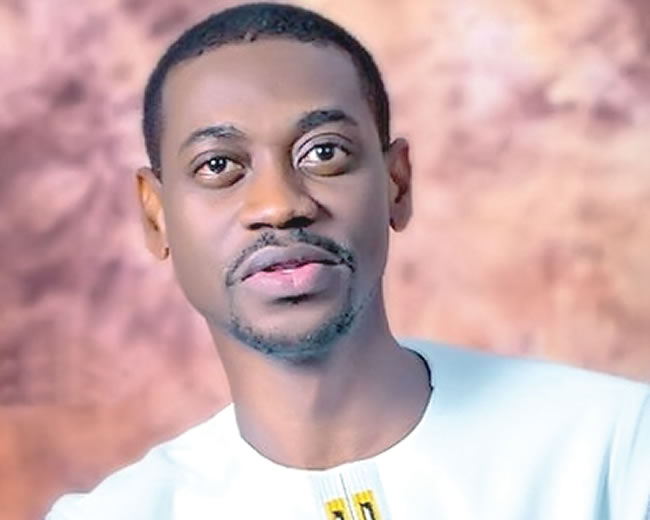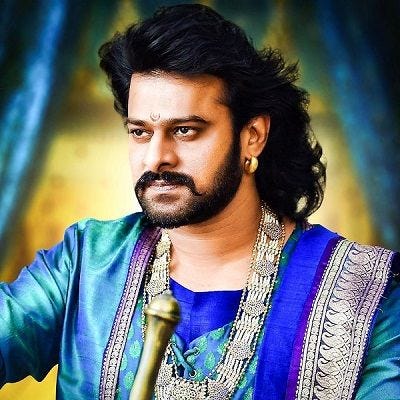Manmohan Singh Biography: Age, Career, Political Leadership, and Economic Contributions
Manmohan Singh biography

Manmohan Singh is an eminent Indian economist, academic, and politician who served as the 13th Prime Minister of India from 2004 to 2014. Known for his intellectual depth, integrity, and quiet demeanor, Singh played a crucial role in India’s economic reforms and political landscape. This blog post explores his life, career, contributions to economics, and his tenure as Prime Minister of India.
Age
Manmohan Singh was born on September 26, 1932. As of October 28, 2024, he is 92 years old. His long and impactful career spans several decades, making him a significant figure in India’s history.
Early Life
Manmohan Singh was born in Gah, Punjab, British India (now in Pakistan). He grew up in a modest family and showed an early aptitude for academics. He pursued his education with diligence, receiving his Bachelor’s and Master’s degrees in Economics from Panjab University. He furthered his studies at Cambridge University and Oxford University, where he earned a Ph.D. in economics. His educational background provided him with the foundation for his future roles in academia and government.
| Attribute | Details |
|---|---|
| Full Name | Manmohan Singh |
| Age | 92 (as of Oct 28, 2024) |
| Profession | Economist, Academic, Politician |
| Hometown | Gah, Punjab, British India (now in Pakistan) |
| Notable Achievements | Former Prime Minister of India, played key role in economic reforms. |
| Relationship Status | Married |
Also read:Thulasizwe Buthelezi Biography: Age, Career, Zulu Leadership, and Recent Events
Career
Manmohan Singh’s career is marked by his significant contributions to economics, his role in government, and his tenure as Prime Minister of India. His journey has taken him through academia, finance, and national politics.
Academic and Economic Roles
Singh began his career as an academic, holding positions at various universities in India. His expertise in economics led him to serve in significant economic roles within the Indian government. He was the Governor of the Reserve Bank of India from 1982 to 1985 and served as the Finance Minister of India from 1991 to 1996. As Finance Minister, he is widely credited with initiating significant economic reforms that liberalized the Indian economy.
Prime Minister of India
Manmohan Singh served as the Prime Minister of India from 2004 to 2014, leading the Indian National Congress-led coalition government. During his tenure, he focused on inclusive growth, social welfare programs, and further economic reforms. His leadership was characterized by his emphasis on stability and a commitment to democratic values. He is one of the longest-serving Prime Ministers of India.
Post Prime Ministership
After stepping down as Prime Minister, Manmohan Singh has remained a respected figure in Indian politics. He continues to contribute his insights and perspectives on economic and political issues. He is seen as an elder statesman and a figure of integrity within the country.
Achievements
Manmohan Singh’s career is marked by numerous achievements, including:
- Prime Minister of India: Served as the 13th Prime Minister of India from 2004 to 2014.
- Economic Reforms: Widely credited for initiating significant economic reforms in the 1990s.
- Governor of Reserve Bank of India: Served as the Governor from 1982 to 1985.
- Finance Minister of India: Served from 1991 to 1996 and initiated crucial economic liberalization policies.
- Academic Contributions: Distinguished career as an economist and academic.
Personal Life
Manmohan Singh is married to Gursharan Kaur, and they have three daughters. He is known for his modest and private personal life, preferring to keep his private affairs separate from his public image. His character is often described as humble, with a commitment to intellectual pursuits and public service. He is a man who is dedicated to his work and family.
Challenges and Controversies
Manmohan Singh’s tenure as Prime Minister was not without its challenges and controversies. He faced criticism on various fronts, including accusations of slow decision-making and corruption scandals during his administration. However, he remained steadfast in his commitment to the democratic process and public service. Despite criticisms, his integrity and reputation as an honest and committed leader have largely endured.
Recent Updates
As of late 2024, Manmohan Singh remains a respected elder statesman in India. He is not actively involved in day-to-day politics, but his views and insights are still sought on matters of national importance. He continues to live a private life and contributes to the nation through his intellectual expertise and guidance.
Conclusion
Manmohan Singh is a towering figure in Indian history, renowned for his economic expertise, his leadership as Prime Minister, and his unwavering integrity. His contributions to India’s economic liberalization and his decade-long service as Prime Minister have left an indelible mark on the nation. His legacy as a scholar, economist, and leader continues to be a source of inspiration and respect in India and beyond.















